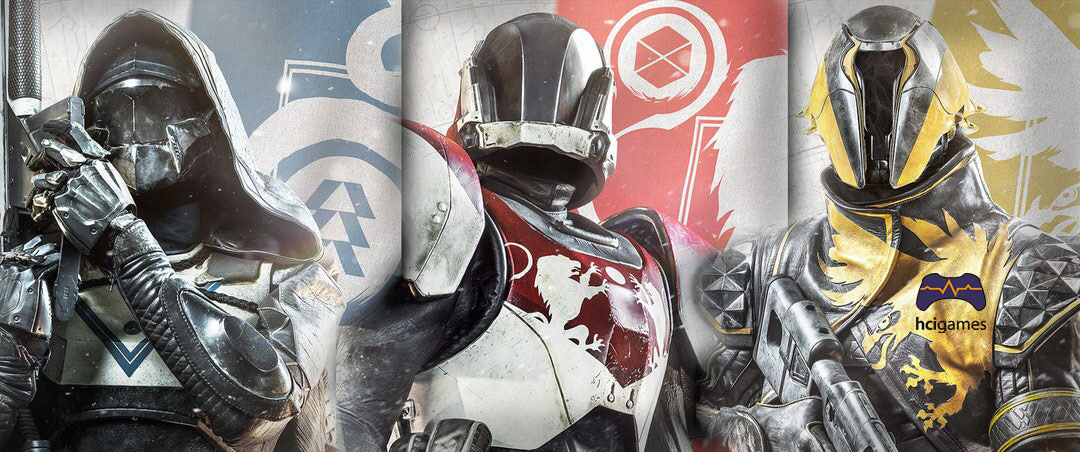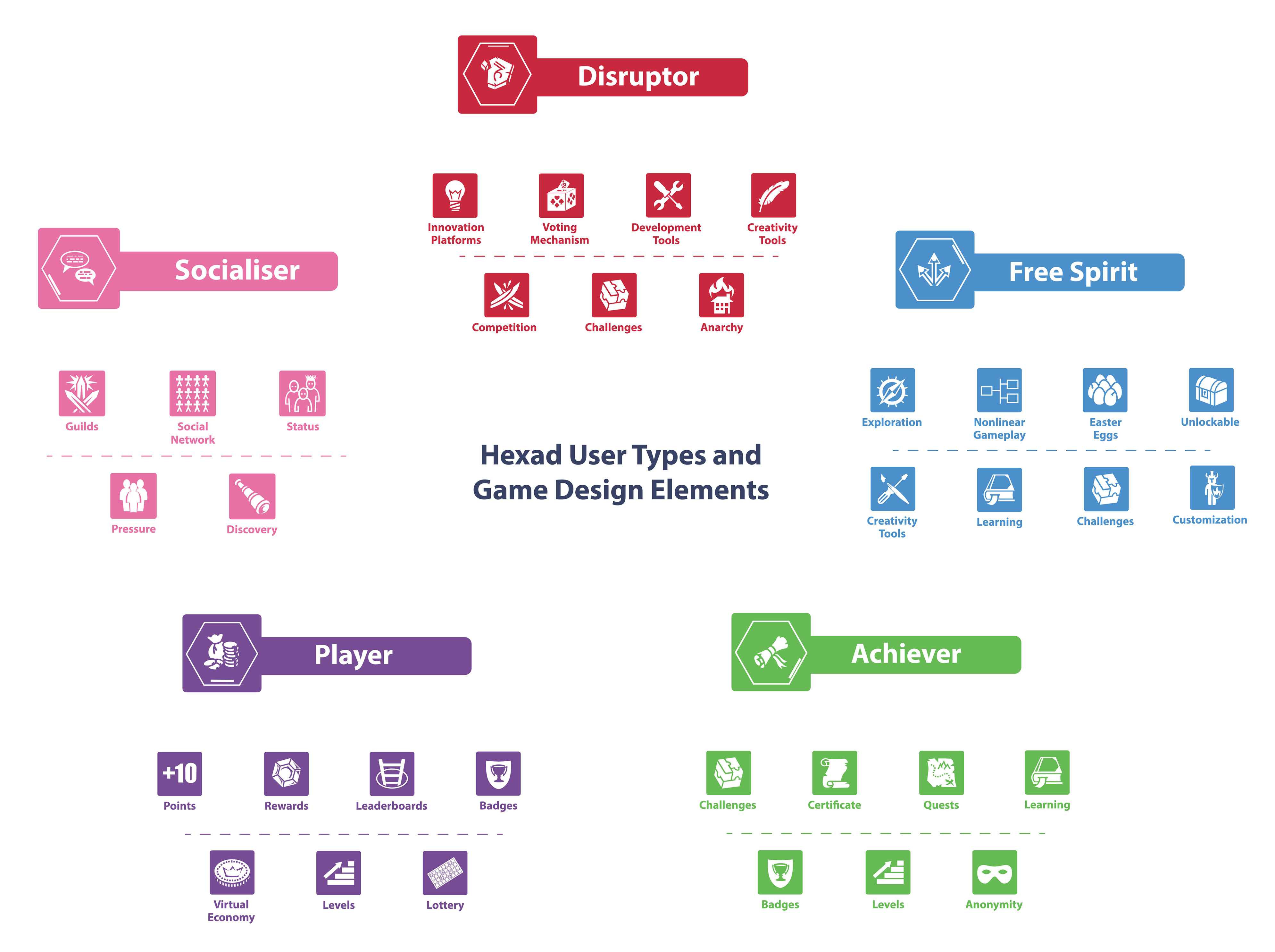The Challenge of Knowledge Translation
Knowledge translation is applicable in many research areas. It converts complex research into something comprehensible by a general audience. Find out below.

Knowledge translation is applicable in many research areas. It converts complex research into something comprehensible by a general audience. Find out below.

Dungeon World is a tabletop game by Sage LaTorra and Adam Koebel that uses an adapted version of the Powered by the Apocalypse RPG engine. Whenever a player character attempts to do a difficult task, they must roll two six-sided dice to determine the outcome: Rolls of 6 or less are considered failures. Rolls between 7 …

Written by Karina Arrambide of the HCI Games Group. It is no surprise that video games today offer players the opportunity to buy extra content, loot boxes, skins, DLC or expansion packs. It is common that after players buy a game at full price, they start to see messages that encourage them to buy additional …

Written by Gustavo Tondello. The HCI Games Group collaborated with a research project that also involved the Play & Interactive Experiences for Learning Lab at the New Mexico State University and the University of California at Irvine to investigate player behaviour regarding the collection of digital objects in games. The study aimed to understand what …

Written by Dominic Elm, Dennis Kappen, Gustavo Tondello, and Lennart Nacke. CLEVER will be demonstrated during the Student Game Design Competition at CHI PLAY ’16. Knowledge management (KM) represents the process of effectively capturing, documenting, assimilating, sharing, and deploying organizational knowledge [1,2]. Focused aggregation of such knowledge is critical for maximizing organizational objectives, as well …

Written by Gustavo Tondello. Infographics by Marim Ganaba. Several studies have indicated the need for personalising gamified systems to users’ personalities. However, mapping user personality onto design elements is difficult. To address this problem, Marczewski developed the Gamification User Types Hexad framework, based on research on human motivation, player types, and practical design experience. He …
Written by Mike Schaekermann. In everyday life, we seldom do things for the first time. Instead, a large part of our behaviour is determined by habits rather than conscious motivation [1]. Therefore, it is not unreasonable to assume that habitual behaviour may also be a strong determinant for what we do as players in online …
Written by Lennart Nacke. If you work in the field of human-computer interaction, you are probably familiar with the field’s flagship conference: The Conference on Human Factors in Computing Systems also known as CHI. The conference attracts between 3,500–4,000 attendees every year (this year 3,876 people attended [2016]) and moves across different international locations. Last …
